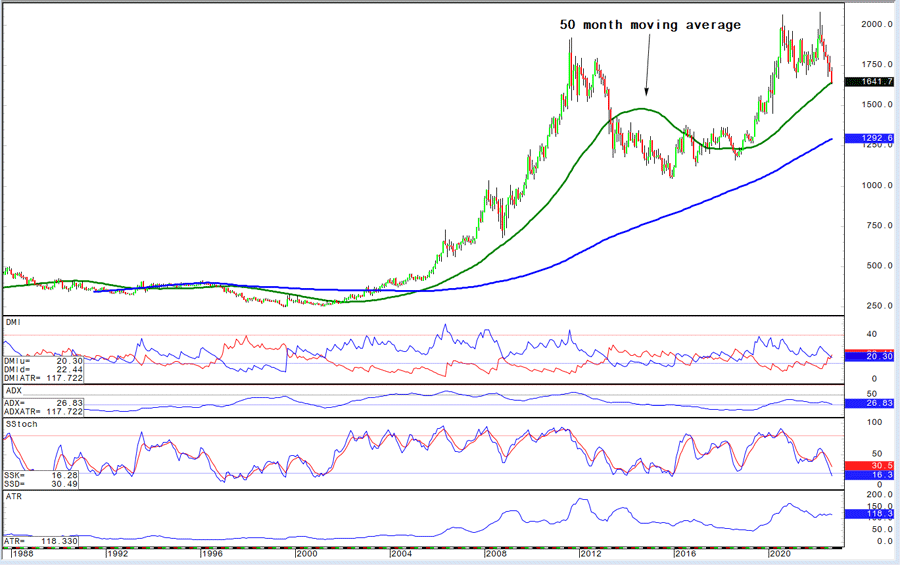

I probably received that question 100 times on Friday from traders and investors speculating in a wide range of asset classes. Everything from agriculture, crypto, energies, foreign currencies, indices, precious metals, and softs sold off. Two primary drivers causing the sell-off are the Federal Reserve's stance on inflation, indicating that only a recession will bring it down, and the British government's decision to announce a mix of tax cuts and incentives, triggering a complete collapse of the British Pound. The Pound reached the lowest level since 1985, and the Dollar posted fresh 22-year highs. Remember, the British Pound is 11.9% inversely correlated to the U.S. Dollar, which may sound insignificant; however, it was the gas on the fire that these markets needed to cause an outright panic. To give you an inside look at the note we publish on the latest market news, check out the Morning Express. We provide actionable technicals, fundamentals, market bias, and proprietary levels for the most actively traded futures and commodity markets, including Gold and Silver. Register here: The Blue Line Express Two-Week Free Trial Sign up.
How to play these markets?
Given the current sell-off and that Gold and Silver are both in bearish trends, I have found that it is best to use a calculated risk Options strategy in deeply oversold markets that haven't solidified a technical bottom. An options bull call spread is a trading strategy aiming to capitalize on an increase in the price of a given market or asset during times of high volatility or for counter-trend trades. The option strategy consists of two call options that create a range that outlines a lower strike point and an upper strike point. The bullish call spread strategy helps to cap your max loss if the price of an asset drops. However, the strategy also limits the potential gains in case of a price increase. Bullish investors often use this when trading futures as a calculated risk debit spread.
.gif)
February 2023 Gold Options Trade
We use the February 2023 Gold futures contract in this bull call spread example. We are buying 1 February Gold 1750 call at $45 as our long call. We then simultaneously sell 1 February Gold 1850 call at $22 as our short call. This action creates our premium, which is $23. We then multiply that by $100 to account for Gold's multiplier (Gold is a 100-ounce contract) to get $2,300, or our total premium paid (plus any commissions or clearing fees).
Knowing our premium paid, we can calculate our potential max profit simply by taking the difference in our strike prices ($1850 - $1750), which in this case is $100, then we multiply $100 by $100 because this is a futures contract. That gives us a total of $10,000 as our max gross profit, minus our $2,300 premium, leaving us with a max net profit of $7,700 (less any commissions or clearing fees).

December Silver Options Trade
If you prefer Silver, we are looking at a similar strategy that involves buying 1 December Silver $18.50 call at 75 cents as our long call. We then simultaneously sell 1 December Silver $19.00 call at 60 cents as our short call. This action creates our premium, which is 15. We then multiply that by $50 to account for Silver's multiplier to get $750, or our total premium paid (plus any commissions or clearing fees).
Knowing our premium paid, we can calculate our potential max profit simply by taking the difference in our strike prices ($19.00 - $18.50), which in this case is 50 cents, then we multiply 50 by $50 because this is a futures contract. That gives us a total of $2,500 as our max gross profit, minus our $750 premium, leaving us with a max net profit of $1,750 (less any commissions or clearing fees). If you have never traded futures or commodities, I just completed a new educational guide that answers all your questions on transferring your current investing skills into trading "real assets," such as the 10 oz Gold futures contract. You can request yours here: Trade Metals, Transition your Experience Book.
By Phillip Streible
Contributing to kitco.com
